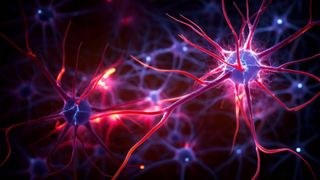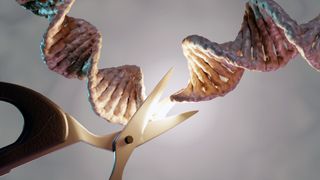Genetics news, features and articles
Latest about Genetics
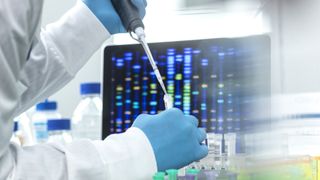
How forensic DNA analysis can falsely link people to crime scenes
By Patrick Pester published
Researchers have found that forensic "DNA mixture analysis" is less accurate for certain groups of people with lower genetic diversity, which could falsely link them to crime scenes.

Parents who have this gene may be more likely to have a girl
By Emily Cooke published
A large new analysis suggests that some people carry genetic variants that make them more likely to have female than male offspring.

Melatonin disruption tied to early-onset osteoporosis, new study suggests
By Emily Cooke published
A genetic analysis suggests that rare cases of early onset osteoporosis may be partly caused by disruptions to the function of the hormone melatonin.
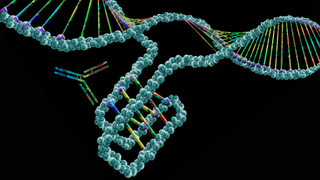
50,000 'knots' scattered throughout our DNA control gene activity
By Emily Cooke published
The mapping of 50,000 mysterious "knots" in the human genome may someday lead to the development of new cancer drugs, researchers say.
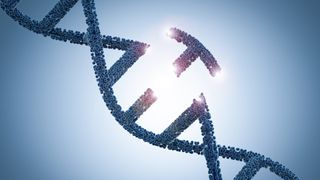
CRISPR could soon be used to edit fetal DNA — are we ready?
By Julia Brown published
Medical anthropologist and bioethicist Julia Brown says scientists and nonscientists need to talk about whether and how we should use CRISPR to edit the fetal genome.
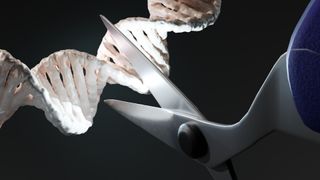
'Enhancing' future generations with CRISPR is a road to a 'new eugenics,' says ethicist Rosemarie Garland-Thomson
By Rosemarie Garland-Thomson published
"Eugenics seeks to improve by eliminating the characteristics considered at a particular time and place to be disadvantages and to maximize those considered normal."
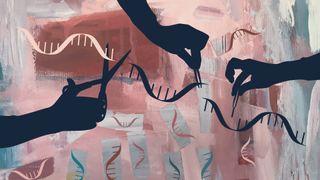
'Who are we to say they shouldn't exist?': Dr. Neal Baer on the threat of CRISPR-driven eugenics
By Nicoletta Lanese published
Dr. Neal Baer discusses a new book about the incredible promise and potential pitfalls of CRISPR gene-editing technology.
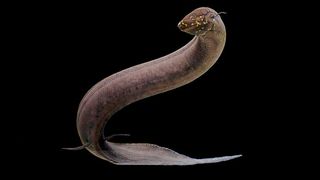
Largest animal genome sequenced — and just 1 chromosome is the size of the entire human genome
By Tia Ghose published
Scientists sequenced the largest known animal genome in a species of lungfish — ancient fish that breathe air.
Get the world’s most fascinating discoveries delivered straight to your inbox.


